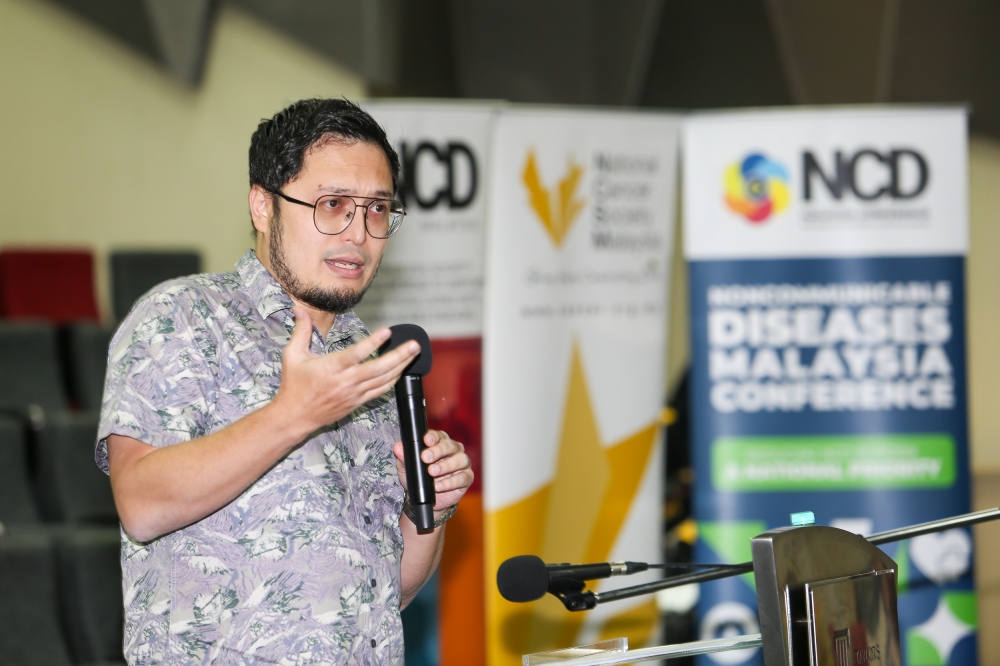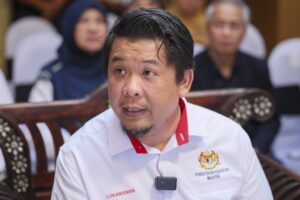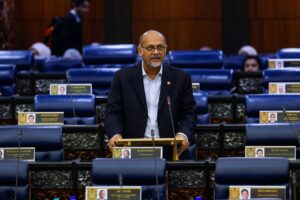SUBANG JAYA, Sept 13 — Malaysian health policymakers must rethink how they engage with youths by using catchy messages and apps to break through to the “30-seconds attention span” generation.
Dr Mohamad Farhan Rusli, a public health medicine specialist with the Ministry of Health (MOH), said healthcare professionals must first acknowledge the generational gap and the reality that they do not fully understand youth culture before trying to push lifestyle changes.
Recalling his experience teaching, Dr Farhan said he once joked that drinking high-sugar beverages was like paying “installments” toward diabetes.
“Do you guys like boba, bubble tea? And they’ll reply ‘yes’. And I say, ‘that’s like an installment into your future diabetic fund’,” he said during the Noncommunicable Diseases Malaysia Conference at Taylor’s University yesterday.
But when he repeated the joke recently, his students told him that bubble tea was no longer “in” — a reminder, he admitted, of how quickly youth preferences shift.
An app a day keeps the doctor away?

Dr Farhan said many youths are driven to exercise, but only so they can ‘look good on TikTok’ — highlighting the big generation gap in health messaging. — Unsplash pic
Dr Farhan said younger people today often exercise not for health, but for social media.
“But if you ask a lot of the youth, they will say ‘oh, I want to look good on TikTok because I’m an influencer. I need to dance to make money’.”
He warned that conventional health campaigns are failing to connect because “nobody reads it. Because it’s not fun. It’s not interesting”.
He added that in the TikTok era, length matters as much as content.
“In 30 seconds, if you don’t capture the audience, what happens? They scroll, they move.”
To compete, health promotion must adopt the hooks of advertising.
“Catchy tunes, catchy phrases that actually sticks,” he said, contrasting commercials with bland public health posters.
Dr Farhan pointed out that health apps like MySejahtera are not used nearly as often as food delivery apps, questioning how future health apps could be made addictive and engaging.
“So at the end of the day, when you ask yourselves, when we design this kind of healthcare applications, when we move towards technology, how do you actually end up making it interesting? How do you make people come back to use your app, to use your product over and over again?” he asked.
Dr Farhan said healthcare professionals should use tech as tools to drive a mindset change.
“So the old traditional way was an apple a day keeps the doctor away,” he said, adding that today’s generation would respond better to a twist of the adage.
“An app a day keeps the doctor away.”
More dying younger in Malaysia
Dr Farhan said this shift is urgent, as non-communicable diseases (NCDs) already account for almost 70 per cent of deaths in Malaysia.
“Now this is very, very bad. What’s worse is that a lot of them are dying much younger.
“You see people dying at the badminton courts, when they are cycling. Because why? Because a lot of them fail to know that they actually carry disease,” he said.

Public health specialist Dr Farhan speaks at the Noncommunicable Diseases Malaysia Conference at Taylor’s University in Subang Jaya, Selangor on September 12, 2025. — Picture by Choo Choy May
One in five Malaysians has diabetes, one in three is overweight or obese, and many are unaware they have cardiovascular conditions, said Dr Farhan who is also special officer to the health minister.
He added that healthcare remains “not sexy” and often ignored until people fall ill.
“You only care about healthcare when? When you are sick. That’s why for decades since independence, we’ve been pushing our money and our finances into sick care rather than healthcare.”
Dr Farhan said prevention can save money that could be channelled into infrastructure, and pointed to innovations abroad such as Finland’s doctors prescribing nature walks and Japan’s vending machines offering BMI checks.
“So the fight against NCDs is not just about adding years to life, but adding life to years,” he said.
Calling for youths themselves to step up, he urged medical students to use their influence and leadership.
“Don’t wait for someone else to fix NCDs. You have to be that someone.”






